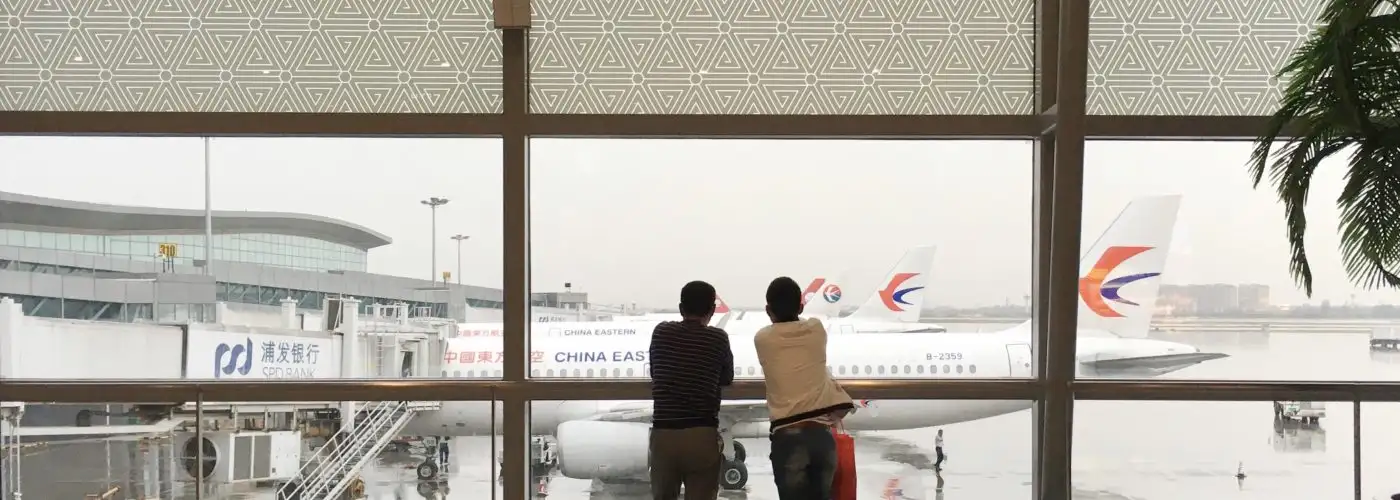Got a nut allergy? Fine, don’t eat the nuts.
As recent tensions between flyers and airlines have shown, it’s not that simple.
Those who suffer from nut allergies don’t have to eat nuts to suffer life-threatening reactions; it’s enough to come into contact with nut oil on hard surfaces or airborne nut allergens.
Of course, that’s true anywhere, not just onboard a commercial aircraft. The difference, though, is that a severe allergic attack in flight could result in the pilot’s being forced to divert to an alternative airport, to secure medical attention. That’s a significant inconvenience and expense for both the airline and the hundreds of affected travelers.
So it’s not surprising to read, in the New York Times, that American recently kicked a family of four off a flight after airline personnel were informed that the two children suffered from severe nut allergies. According to the report, an American spokesman justified the move as follows: “The pilot determined it would be best for the family not to travel based on the severity of the allergy and the need to divert the airline if anyone were eating nuts.”
On its website, American advises customers that “we are unable to guarantee that customers will not be exposed to peanuts or other tree nuts during flight, and we strongly encourage customers to take all necessary medical precautions to prepare for the possibility of exposure.” There’s no warning, however, that allergic flyers might be denied travel altogether.
Other airlines are more accommodating in their nut allergy policies. JetBlue promises to create a nut-free buffer zone around allergic flyers. Delta and Southwest will refrain from serving nuts on flights when allergic passengers are on board. But without thoroughly wiping down seating areas and filtering cabin air, no airline can completely protect flyers from nut allergens.
The issue poses conundrums of policy as well as practice. On its face, booting passengers off a flight because they’re allergic to nuts is discriminatory. But, arguably, it’s discrimination in the interest of sparing others the considerable inconvenience of having their trips interrupted. There’s no easy way to simultaneously accommodate the needs and rights of both parties.
Perhaps the best that can be hoped for is a consistent policy among airlines, and, whatever that policy turns out to be, consistent application of it in practice.
Reader Reality Check
What’s an airline to do?
More from SmarterTravel:
- Feds Call Out United on Latest IT Meltdown
- American’s New Basic Economy Fares… Too Much Like United’s
- Is It Time to Put the Kibosh on ‘Hidden Fees’?
After 20 years working in the travel industry, and 15 years writing about it, Tim Winship knows a thing or two about travel. Follow him on Twitter @twinship.
We hand-pick everything we recommend and select items through testing and reviews. Some products are sent to us free of charge with no incentive to offer a favorable review. We offer our unbiased opinions and do not accept compensation to review products. All items are in stock and prices are accurate at the time of publication. If you buy something through our links, we may earn a commission.
Related
Top Fares From
Today's Top Travel Deals
Brought to you by ShermansTravel
11-Nt Ireland Tour, Incl. Dublin, Belfast,...
smarTours
 vacation
$3870+
vacation
$3870+
Amsterdam to Copenhagen: Luxe, 18-Night Northern...
Regent Seven Seas Cruises



Ohio: Daily Car Rentals from Cincinnati
85OFF.com






